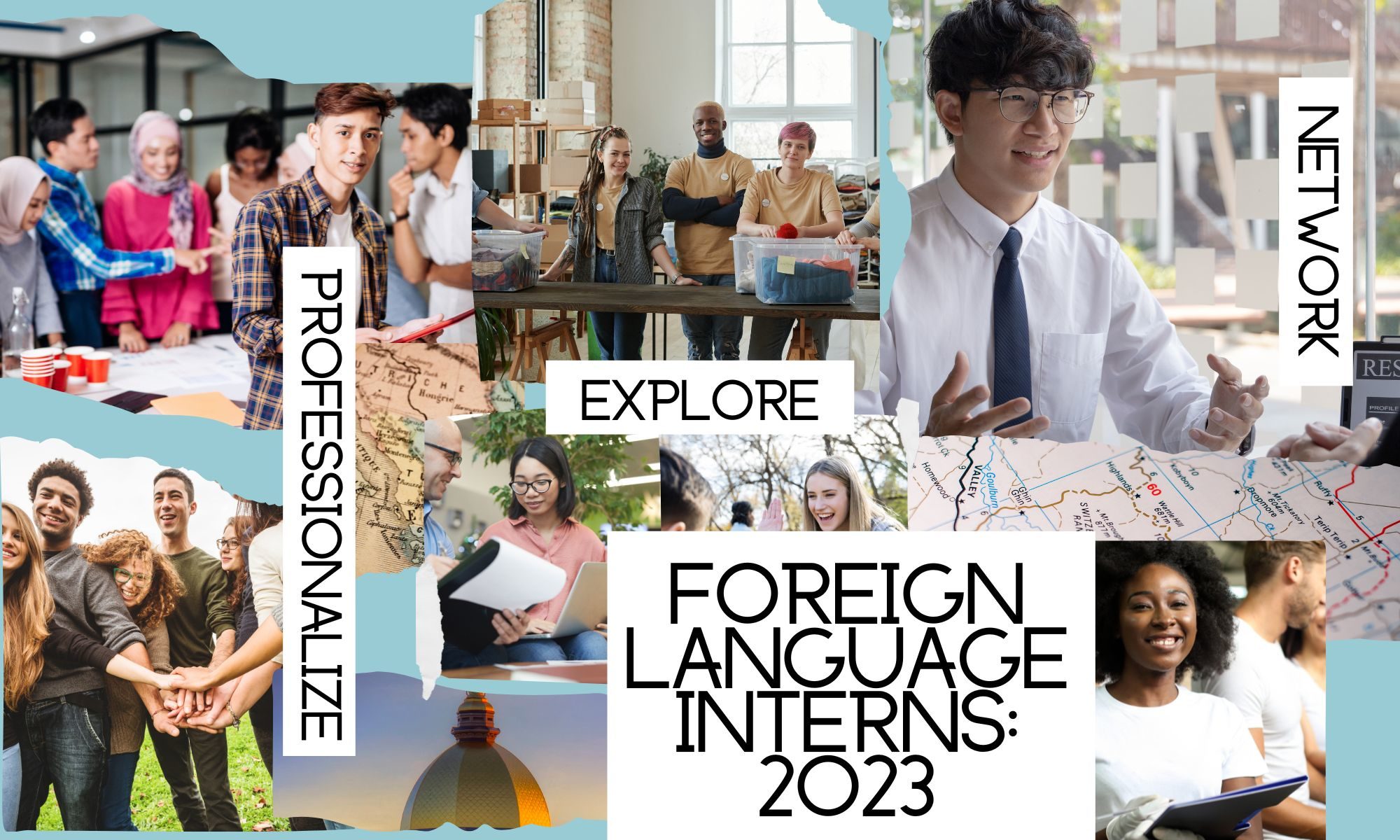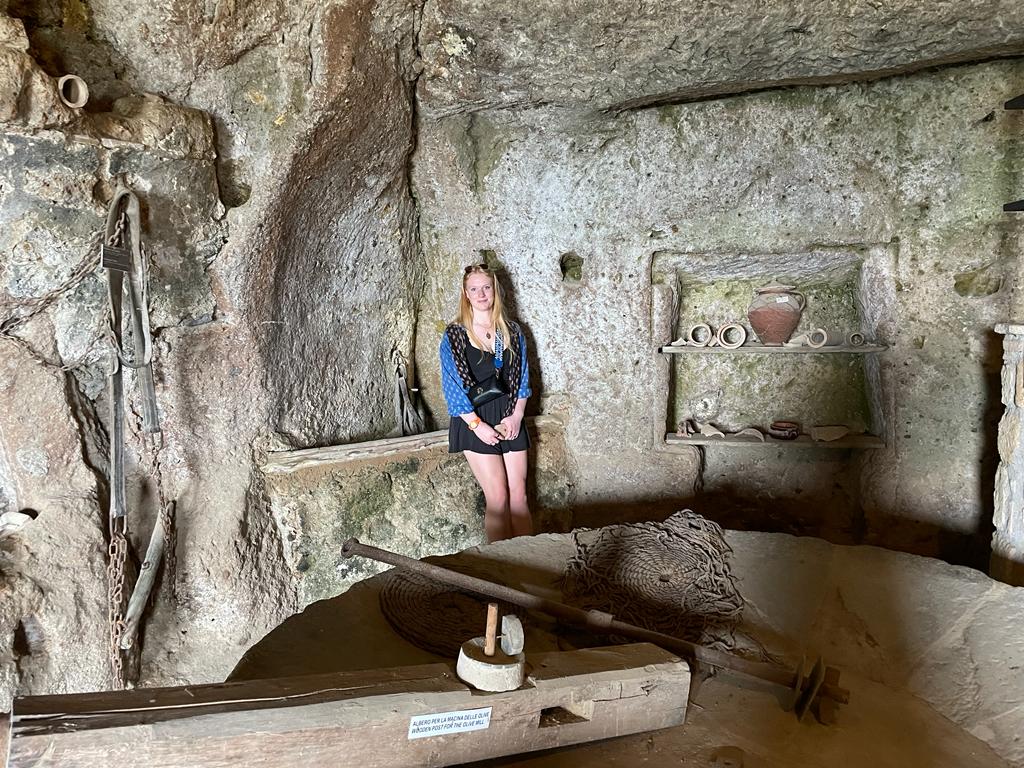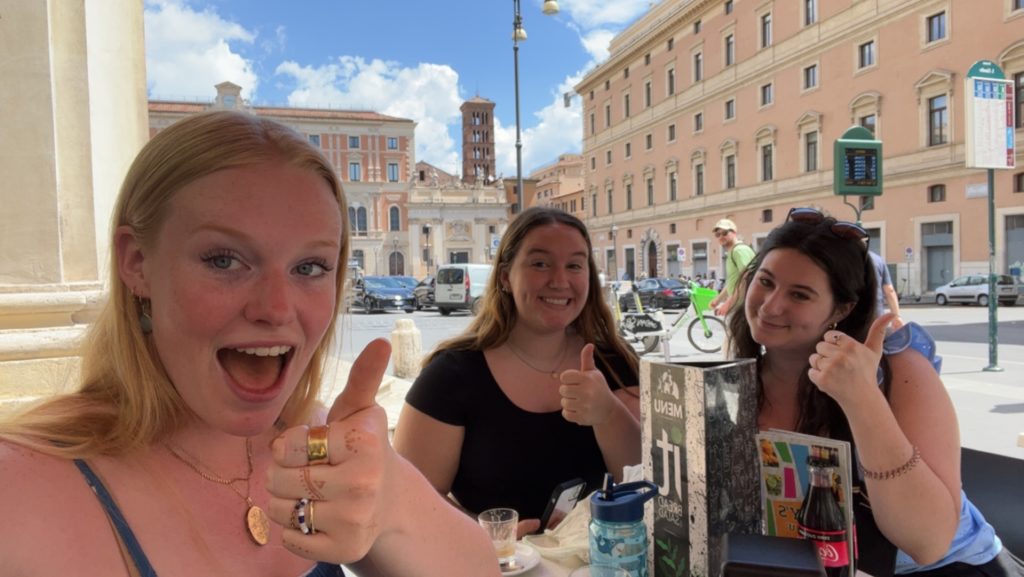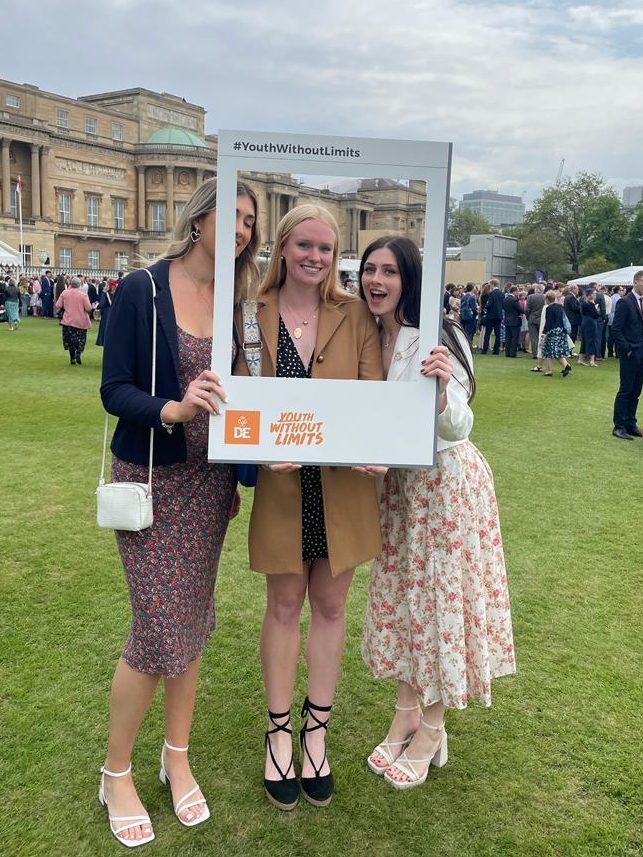After an incredible summer, I am currently 3 days away from flying back to the US on my way back to university. I have been home for a little over a month now, so have had plenty of time to relax and reflect upon my time in Italy.
My goals for my time in Italy where to speak in Italian with my co-workers, learn about the region in which I was staying, ask questions about new cultural phenomena and vocabulary, all of which I can proudly say I accomplished. I spoke to all my co-workers in Italian, with the exception of translating a couple of words for them to learn the English or when they had very nuanced meanings and the literal translation was a figure of speech. I learnt a lot about my local area by visiting surrounding cities, trying local foods, experiencing the customs and reading about the history of the city. For example, pigeon and unsalted bread are delicacies in the area. I learnt about cultural phenomena, for example, I was given an explanation of the correct way to use a bidet; and finally, I asked about words that I was unsure of. My lab’s personal favorite was ‘sharks’ which translates to ‘squali’ in Italian.
If I could go back and redo the experience, the only thing I would change would be the amount of gelato I ate – I didn’t eat enough. I made great friends, explored beautifully, historical cities, ate incredible food and learnt lots about what it’s like to work in a lab. I challenged myself to go outside my comfort zone by asking questions and going on adventures and it definitely paid off – 10/10 experience! If there was one piece of advice that I could give to potential future recipients, it would be to say yes. Say yes to applying, say yes to going and say yes to all the adventures. There’s no point going if you’re just going to go to work and go home each day, you need to explore! Go into the cute shops, buy tickets to the museums, take yourself out on a (terrifying) solo dinner. Challenge yourself and you will have the most incredible time!



